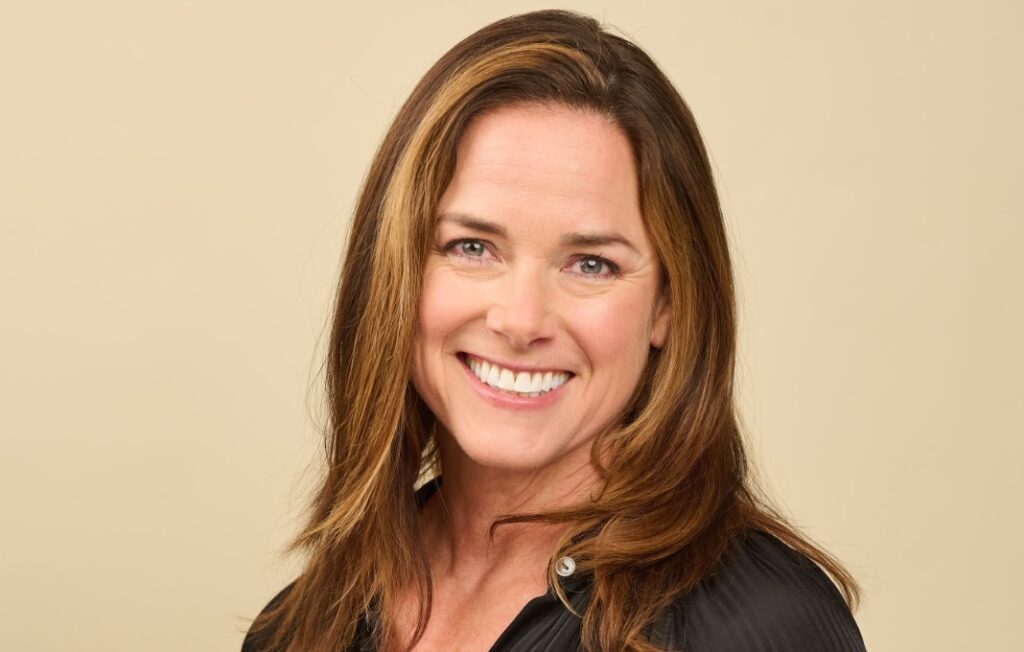The Great Resignation has made clear how important it is to offer competitive benefits that make employees feel you care about them beyond the job.
HR leaders can potentially attract and retain more workers by adding estate planning to their organization’s benefits offerings, says Brittney Cullen, vice president of people at Wealth Inc., based in Tempe, Arizona. Cullen spoke to StrategicCHRO360 about attitudes toward estate planning, what’s available today and how the benefit can provide you with a point of difference.
Estate planning is considered a “life essential,” so why aren’t more employers today offering it up as an employee benefit?
I think there are a couple of factors at play in terms of estate planning not necessarily being a common benefit offered. The first is that logistically it’s difficult to coordinate estate planning services, especially at scale, with the way estate planning has traditionally been done. The second factor is how off-the-radar estate planning is for people generally, despite it being fairly widely understood as important. In a recent survey we conducted regarding attitudes about estate planning, 72 percent of people surveyed would be interested in using estate planning services if they were offered by their employer.
I don’t think it’s the case that people are evaluating estate planning as a benefit and deciding it’s not valuable for employees, I really do think it comes down to education about the accessibility of digital estate planning and financial wellness benefits in general.
Why should HR departments care more about their employees’ legacy now?
It would be hard for most HR departments to care more about their employees than they already do. We’re all invested in helping employees maintain mental and financial wellness. However the pandemic certainly adds urgency and increased focus on benefits that matter. Helping people ensure their families are taken care of is something that is truly tangible and a great way for HR departments to really demonstrate their commitment to wellness.
What are some key strategies to help HR professionals make estate planning more accessible and inclusive to the workforce?
First I think it’s important to think extensively about what your approach is for providing financial wellness programs and education as benefits generally, including but certainly not limited to estate planning.
Busy people don’t typically want to sit through webinars, but they are interested in resources that will concretely help them and their families. Connecting the on-paper value of a benefit to the impact it has on people’s actual lives can be challenging, especially when benefit systems are complex, but with something like estate planning that is very personal and emotional it’s easier to articulate the impact it will have on someone’s life outside of their day-to-day work. People often have an easier time grasping the value of a benefit when it’s contextualized through their families and unique circumstances.
If employers put in effort on estate planning as a critical benefit, what would be the impact to the company—as well as to the society as a whole?
The Great Resignation has really amplified the need to offer competitive benefits. HR departments, now more than ever, need to think creatively about how they’re approaching financial wellness for their employees. True impact comes when you’re not just offering more benefits, but rather when you’re offering benefits that are meaningful.
Offering something as personalized and concretely valuable as estate planning can help companies not only retain people but also differentiate themselves when recruiting. With estate planning, people get something valuable from it almost immediately: peace of mind about their family’s future—which is often more compelling than something abstract like a retirement account. When people feel reassured about the financial wellness of their loved ones, it frees up emotional and intellectual bandwidth for them to be more engaged and happy with their contribution to the organization.








